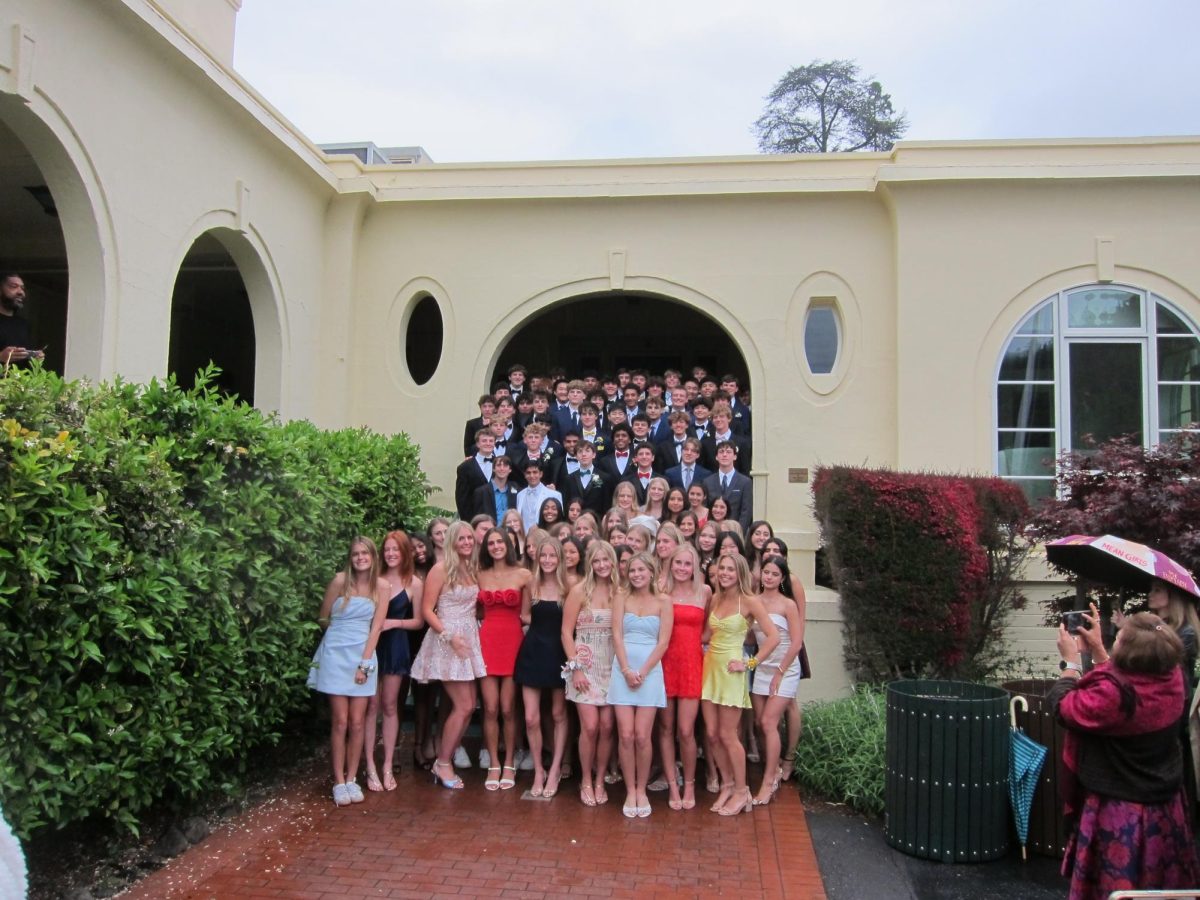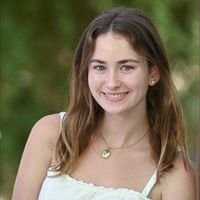Early childhood literacy can be a very important factor in the later success of a child’s education.
For her junior fellowship, Emma Casaudoumecq’s ‘24 focused on helping provide underserved communities with resources for increasing childhood literacy. She conducted research in the field, and her summer culminated with the creation of step-by-step pamphlet for parents who are teaching their children to read.
Casaudoumecq first discovered her passion for educational inequities when she got involved with Knowledge is Power KIP, a Branson nonprofit that collects and distributes books for children in underserved communities, in her sophomore year. She then assumed her role as the KIP club leader in her junior year.
“As soon as I got involved [with KIP], I really enjoyed the environment and the kids, of course, are super welcoming and amazing,” she said.
When it was time to apply for junior fellowships, Casaudoumecq brainstormed different ways she could create a proposal to expand KIP.
“Fellowships are meant to connect back to the Branson community,” she said. “KIP is already involved with the Branson community, so … I was trying to think about ways I could make it better.”
After receiving the Chase Fellowship, Casaudoumecq began her research by reading Mark Seidenberg’s “Language at the Speed of Sight: How We Read, Why so Many Can’t, and What Can Be Done About It” and the Reading League’s “Science of Reading: Defining Guide.” She then listened to Emily Hanford’s podcast, “Sold a Story.”
“I had all of this research supporting what I knew, but you can only include so much [in the final product],” Casaudoumecq said. “I think having to narrow it down and make it super straightforward was the biggest challenge.”
Casaudoumecq used her research to create a four-step pamphlet that instructs parents how to encourage their children to read. Casaudoumecq would distribute these pamphlets, along with books, at Marin food distribution centers. Many of the families that come to the food distribution centers for groceries speak Spanish, so the steps in the pamphlets are written in both English and Spanish.
“I think it’s important to encourage kids to love to read, and not view it as some challenging aspect of their life that they have to do,” Casaudoumecq said.



